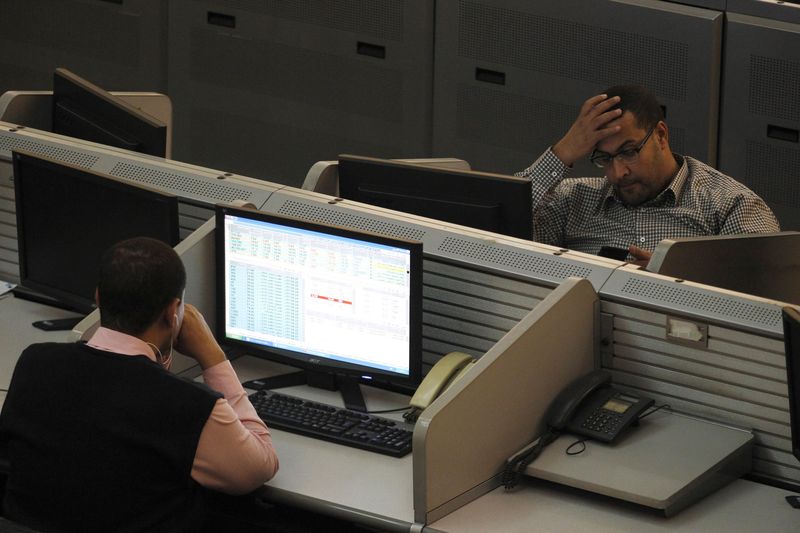By Shankar Ramakrishnan
(Reuters) – The Inter-American Development Bank will offload the risk on some loans to expand its lending capacity this year rather than issuing hybrid bonds, its head of asset liability management, Yasser Rezvi, said in an interview.
In December, the AAA-rated IDB bought protection on the risk of losses on $300 million loans to Latin-American and Caribbean nations from private insurers for the first time.
Through this process it supplanted sovereign exposure on its balance sheet with exposure to 14 insurance companies across Asia, the United States and Europe.
It helped the IDB reduce risk of losses from those loans, shave off concentration exposure and redistribute lending to other countries in the region, said Rezvi.
Before December, the IDB swapped loan exposures with other multilateral development banks (MDBs) to expand its lending book.
Wider adoption of loan risk transfers would depend on the cost of creating the lending capacity, he added.
“This was a pilot transaction for us because $300 million is a tiny portion of our over $100 billion lending book, but we achieved a competitive cost that was in line with our funding targets,” Rezvi said.
The IDB is also exploring selling hybrid or equity-like bonds but has no plans in the near term. The African Development Bank last week raised $750 million issuing the first-ever hybrid or equity-like bonds by a development bank.
“We are unlikely to follow up in the near term with a market transaction (of hybrids). Unlike other MDBs, the IDB is not requesting a capital increase from its shareholders at this time,” he said.
The G20 group of major economies has urged multilateral lenders to explore financial innovations to increase funding to help developing economies with crises including climate change.
“There is a huge need for capital for developing nations to meet their sustainable development goals (SDGs) and development banks cannot do it all by themselves so it is clear that private capital needs to be involved,” said Moody’s (NYSE:) global MDB lead, Kathrin Muehlbronner.
But development banks should not rely on products like risk transfers as a primary source of capital, said Chris Humphrey, a senior research associate at the think tank ODI. “The purpose of these innovations should be to get it ready to deploy if and when they need it, but (they) can’t be a replacement for core capital that comes from member countries,” said Humphrey.



